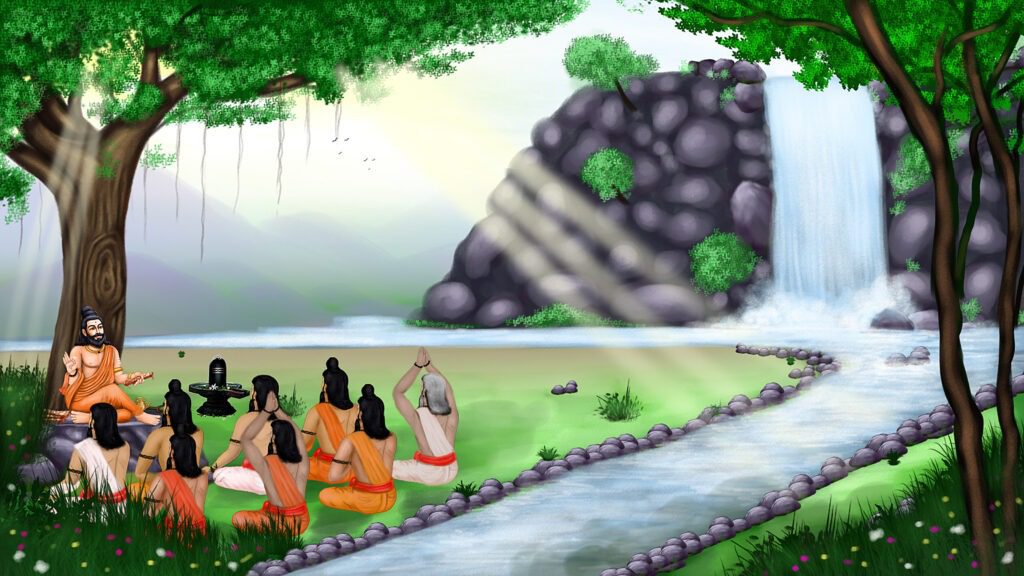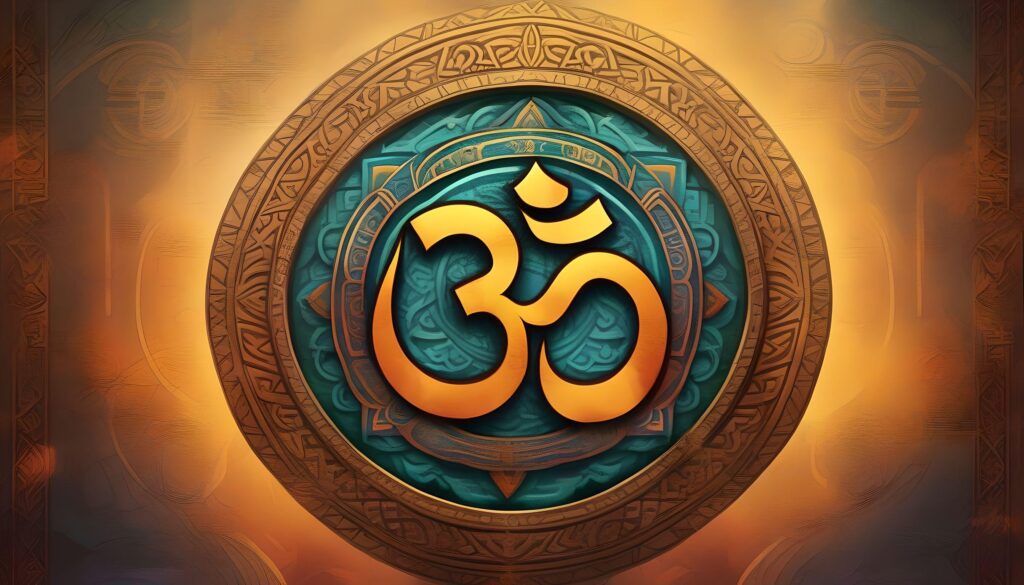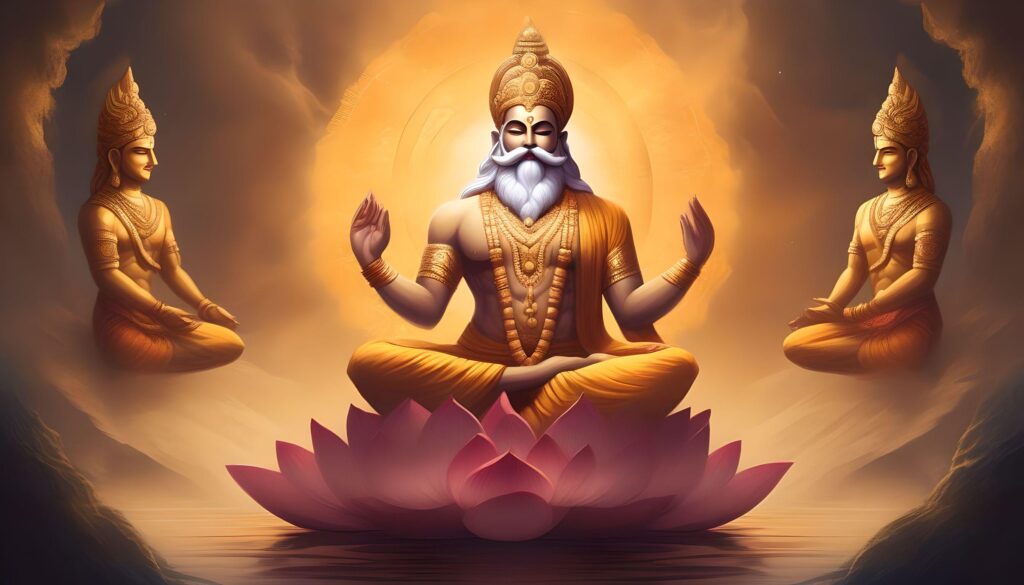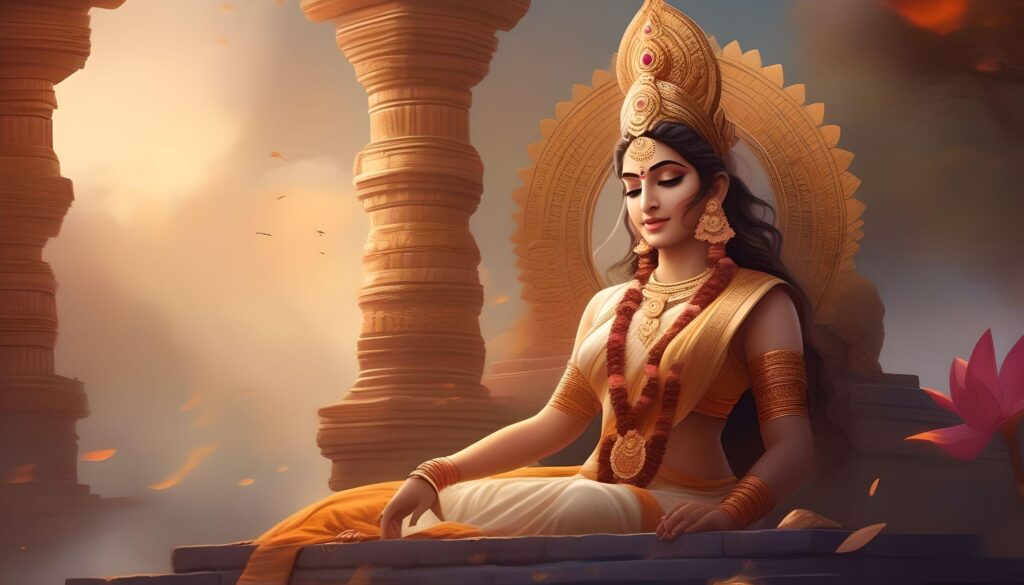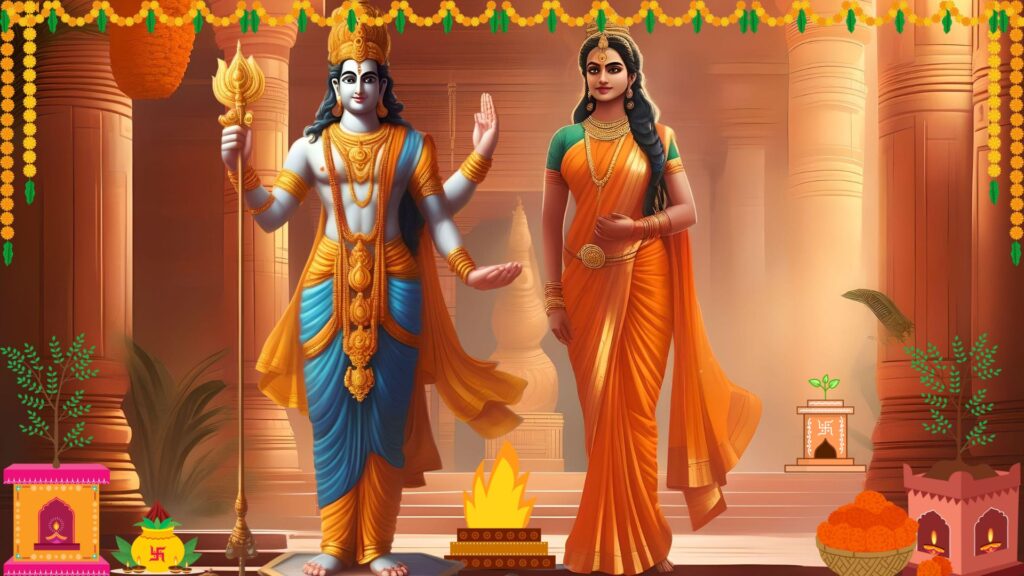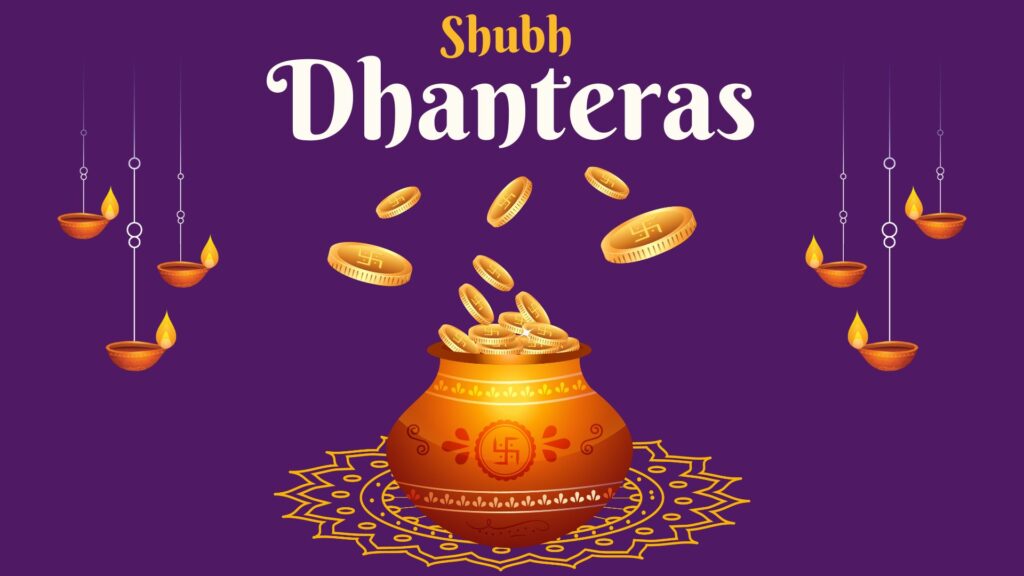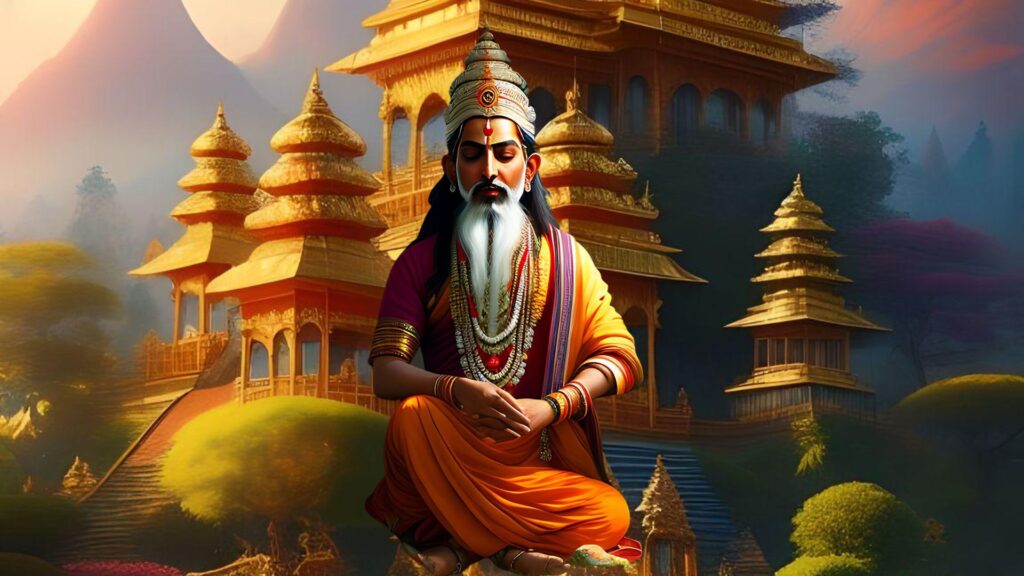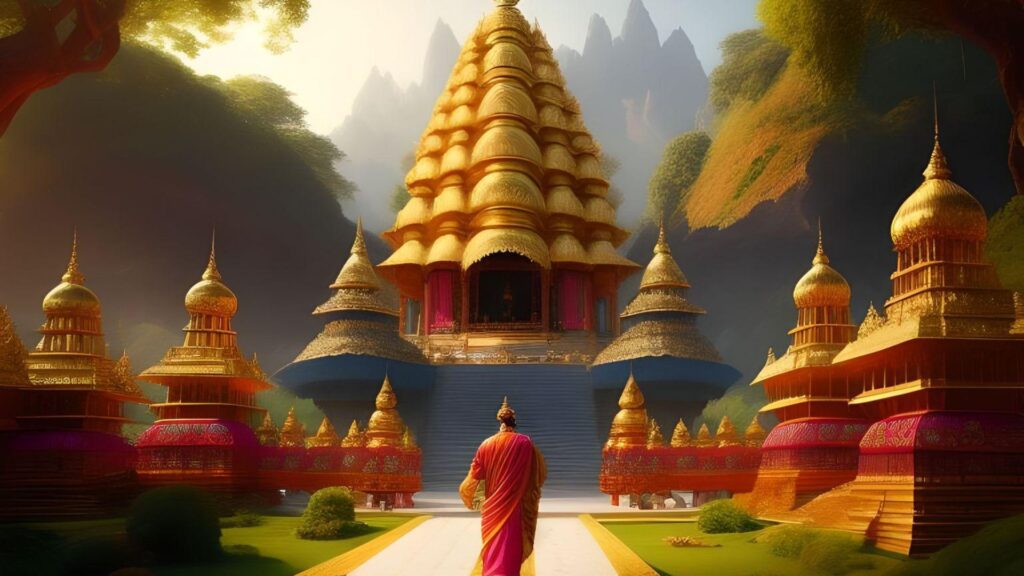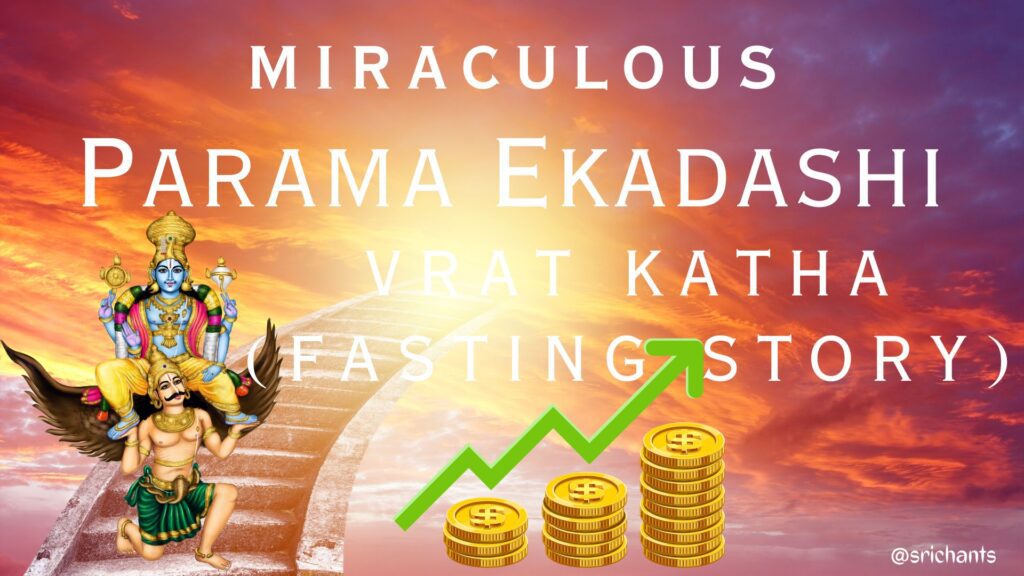hindu faith : Unearthing the Fundamental Principles of Hinduism faith
Introduction
The profound wisdom of Hindu dharma has woven an intricate tapestry, embracing a diversity of beliefs, practices, and philosophies, from the ancient Indus Valley civilization to the contemporary era. This timeless tradition, which is frequently referred to as Sanatana Dharma (the Eternal Way), is not limited by the limitations of a single prophet or progenitor; rather, it represents a collective spiritual journey that extends over millennia.
The Vedas: Eternal Truths Unveiled
The Vedas, a revered compilation of sacred hymns and teachings that illuminate the divine forces of nature, are at the core of Hindu spirituality. These ancient texts, which were initially transmitted through an oral tradition before being committed to writing, are regarded as realized (revealed) eternal truths that provide profound insights into the nature of existence and the human condition.
The Dharmic Traditions: A Shared Worldview
Hinduism, Buddhism, Jainism, and Sikhism are all members of the “Dharmic” or “Indic” traditions, which are characterized by a broadly similar worldview and spiritual concepts. While interpreting and comprehending the principles of dharma (righteous conduct), karma (the law of cause and effect), samsara (the cycle of birth, death, and rebirth), and moksha (liberation from the cycle of rebirth), these traditions embrace them through their unique lenses.
The Divine Presence: Brahman, the Absolute Reality
One of the fundamental principles revealed in the Vedas is the concept of Brahman, which is frequently referred to as the Supreme Reality, the Divine, or the Absolute. Brahman, according to Hindu belief, is eternal, present in all living creatures, and full of bliss. Thus, it permeates the entire universe. It is regarded as the origin of creation, preservation, dissolution, and transmutation, an ongoing, cyclical process.
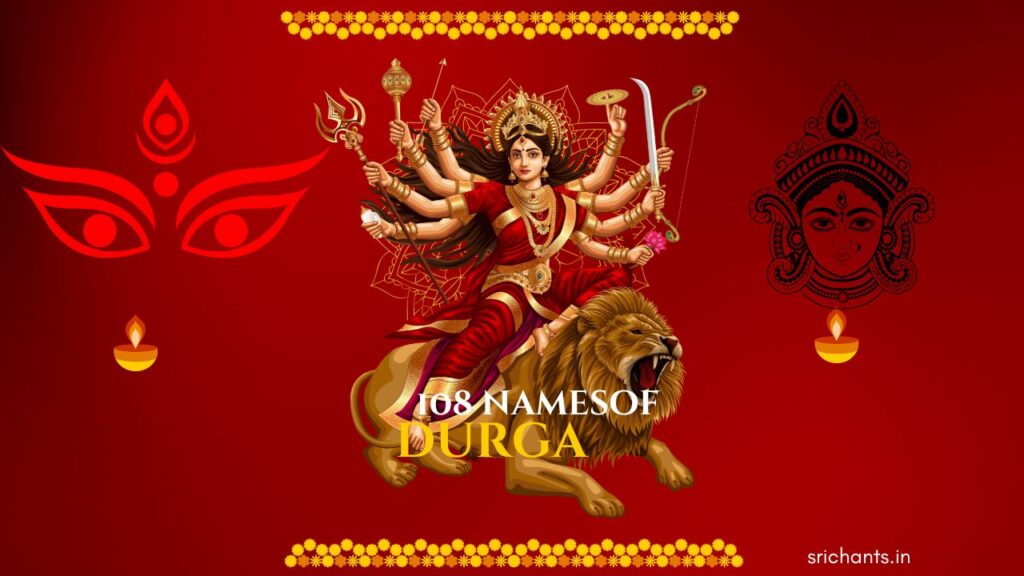
The Myriad Forms of the Divine
Within Hinduism, there is a variety of perspectives on the essence of Brahman. Some Hindus maintain that Brahman is infinite and formless, while others perceive the Divine as possessing a transcendental form. For example, Vaishnavas may regard Krishna as the ultimate form, whereas Shaivites adore Shiva as the ultimate manifestation.
Divine Manifestations: Embracing Diversity
The Divine is revered in Hindu tradition in both male and female forms, as well as in animal forms. Devi, the feminine aspect, is the embodiment of Shakti, the creative force or energy. The animal-like forms of deities such as Ganesh and Hanuman serve as symbols of a variety of divine qualities and provide ethical guidance and inspiration through their narratives.
Connecting with the Divine: Prayers and Worship
Hindus pray to various manifestations of Brahman, each of which symbolizes specific divine attributes or capabilities. For example, Ganesh is revered as a symbol of wisdom and the remover of obstacles, while Saraswati is associated with knowledge and learning. Deities such as Rama and Krishna are revered for their embodiment of dharma and their role in the eradication of evil, while Lakshmi is worshipped as the Goddess of Prosperity.
Murti: Visualizing the Infinite
Hindus employ consecrated images known as murti to facilitate the understanding of the infinite nature of Brahman. Crafted from wood, stone, or metal, these embodiments function as focal points for visualization and meditation, enabling the human mind to comprehend the Divine’s otherwise incomprehensible immensity. Murti are frequently misconstrued as “idols,” but they are more accurately described as physical representations of the Divine essence.

The Eternal Journey of the Soul
The soul, or atman, is eternal, subject to a perpetual cycle of life, death, and rebirth known as samsara, according to Hindu belief. The principle of karma governs this cycle, which posits that every action, whether physical or mental, has a corresponding consequence, similar to the law of cause and effect. The consequences of past actions define an individual’s experiences in this life, while their present choices influence their future births and circumstances.
The Four Pursuits: Dharma, Artha, Kama, and Moksha
Dharma (righteous conduct that promotes spiritual advancement), Artha (material prosperity), Kama (enjoyment of the material world), and Moksha (liberation from the cycle of rebirth and attachments to the material realm) are the four primary goals or pursuits of Hindu philosophy. Individuals are encouraged to maintain a harmonious equilibrium among these pursuits while ultimately striving for the ultimate objective of Moksha, as they are interconnected.
The Paths to Liberation: Karma Yoga, Bhakti Yoga, Jnana Yoga, and Raja Yoga
Hindu scriptures establish four primary paths to Moksha: Karma Yoga (selfless action and duty), Bhakti Yoga (devotion and love for the Divine), Jnana Yoga (study and contemplation of sacred texts), and Raja Yoga (physical and mental preparation through meditation and introspection). These paths are not mutually exclusive, and individuals may pursue them concurrently in accordance with their spiritual journey and inclinations.

The Embrace of Pluralism: Respecting Diverse Paths
Hindu dharma is distinguished by its profound pluralism and reverence for other religions and philosophies. Hindus recognize the potential for truth in a variety of spiritual traditions, interpreting them as distinct methods of comprehending and interacting with the Divine. This philosophy encourages inclusivity within Hinduism and encourages an understanding of the various paths that seekers may pursue in their pursuit of truth, as eloquently articulated in the Vedic quote: “Truth is one; the wise call it by various names.”
We have uncovered the timeless wisdom, diverse beliefs, and profound spiritual practices of Hindu dharma through this comprehensive exploration, which has also revealed its rich tapestry. This ancient tradition continues to inspire and guide countless individuals on their journey toward self-realization and enlightenment, whether through the pluralistic embrace of diverse paths or the eternal truths of the Vedas.
#hinduism #vedas #soul #atma
